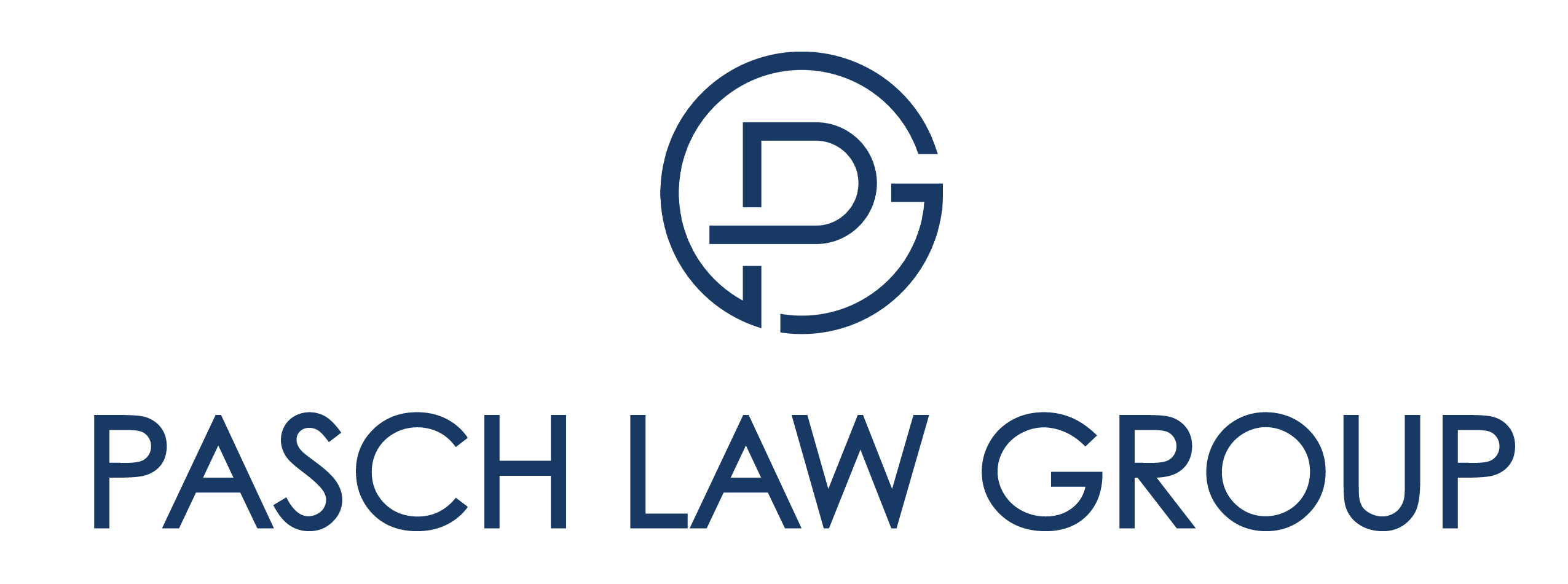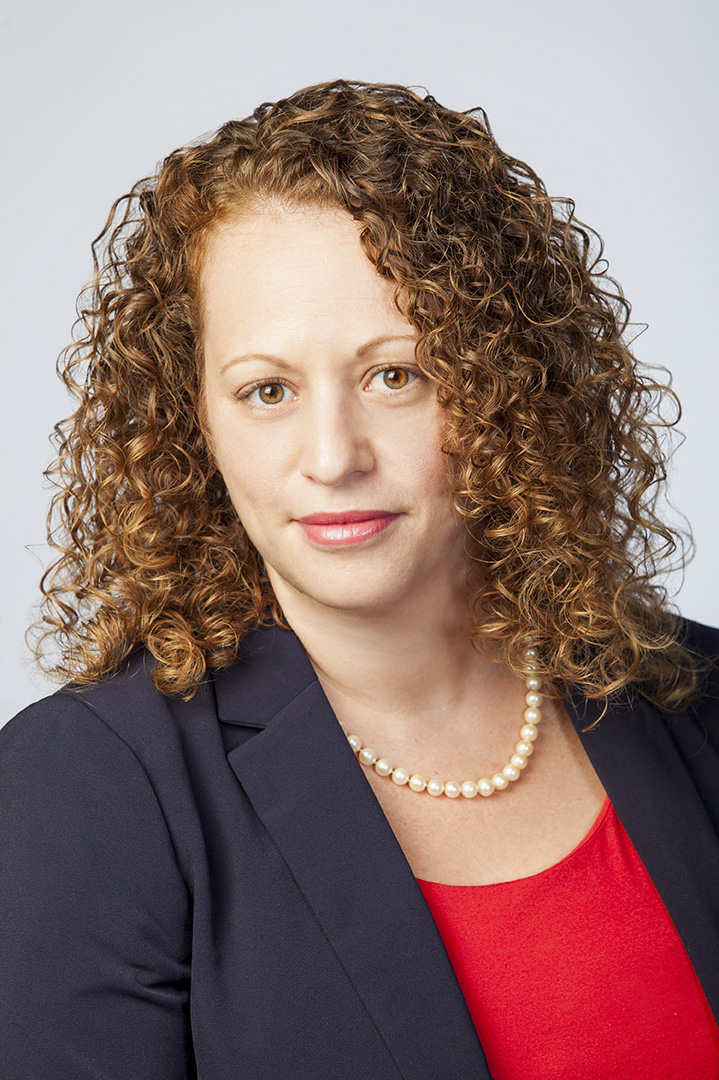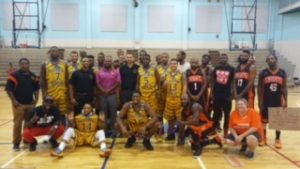In a meaningful success, we prevailed in a 504 Complaint which found that the Gifted Characteristic Checklist used by the Palm Beach County School District discriminate against children with disabilities. We will continue to advocate to make sure all students have access to appropriate educational programs.
Most children with disabilities do not fit neatly into any one category. They often have layers of complex and co-occurring strengths and challenges which can result in multiple, co-existing exceptionalities and ESE eligibilities. It is possible, and in fact common, for a child to be both Gifted and have Autism Spectrum Disorder, or Gifted and Specific Learning Disabled, or Gifted, Language Impaired and Emotional/Behaviorally Disabled, and the list goes on. All children, regardless of their exceptionalities and challenges, deserve the same opportunity to access school enrichment programming.
In Florida, there are three criteria used to determine Gifted eligibility. Pursuant to Fla. Admin. Code R. 6A-6.03019, a student must demonstrate (1) the need for a special program, (2) a majority of characteristics of gifted student according to a standard score or checklist, and (3) superior intellectual development as measured by an IQ score two standard deviations or more above the mean on a standardized test of intelligence. All three areas (need for a special program, the minimum IQ score, and the gifted characteristics) must be met in order for a child to be eligible for Gifted. In other words, a child can have an extraordinarily high IQ, but can be denied Gifted placement if the teachers do not mark a sufficient number of characteristics in a checklist.
There is no standard for the Gifted Characteristic Checklists, and so they vary widely across the State, and indeed the country. There are, however, some checklists which are rooted in research, are more expansive, and are sensitive to the varying strengths and challenges experienced by children with disabilities. Palm Beach County’s checklists were limited and, furthermore, valued behaviors which specifically excluded children with certain disabilities. For example, the Gifted Characteristic Checklist for grades 4 and 5 asked teachers to rank a child on skills such as “adapts easily to different situations” and “becomes impatient with drills and routine procedures.” Children with Autism Spectrum Disorder would have difficulty gaining higher marks for these types of behaviors. In fact, the diagnostic criteria for Autism Spectrum Disorder (ASD) specifically considers whether a child demonstrates, “Insistence on sameness, inflexible adherence to routines, or ritualized patterns or verbal nonverbal behavior (e.g., extreme distress at small changes, difficulties with transitions, rigid thinking patterns, greeting rituals, need to take same route or eat food every day).” Thus, the more a child exhibits traits of ASD, the lower the same child may score on the Gifted Characteristic Checklist. While there are many children with disabilities in the School District’s gifted programs, some children were certainly excluded due to their disability.
Ultimately, all children should be valued for their strengths, diversity of thoughts and abilities that they can contribute, and not just excluded because of their challenges. A more inclusive checklist will allow all children to be considered fairly and equitably for Gifted eligibility. We are very pleased to have successfully advocated on behalf of our client, and to have helped make a difference for all students with disabilities in Palm Beach County who will benefit from the revised Gifted Characteristic Checklists.
Relevant Portions of the Investigation Report:
There is a finding of disability discrimination against the School District pertaining to the complaint of the Gifted Characteristics Checklist being discriminatory toward students with disabilities such as Language Impairments and Autism Spectrum Disorder. Difficulties in the area of pragmatic language and social interactions, commonly experienced by students with LI and/or ASD, such as functional limitations in effective communication, social participation, social relationships, inflexible adherence to routines, highly restricted, fixated interests, absence of interest in peers and knowing how to use verbal and nonverbal signals to regulate interaction can prevent students from achieving scores of 3 or 4 on the Gifted Characteristics Checklist for items such as:
9. Is able to do more than one thing at a time
10. Adapts easily to different situations
18. Is willing to take risks
20. Is sensitive to the feeling of others or to situations
25. Is secure emotionally
It is recommended that the School District of Palm Beach County replace the current Gifted Characteristics Checklists for all grades and populations (PBSD Forms 1326, 1327, 1413, 1414, 1415, 1760). The District should consider the adoption of new gifted characteristics checklists that are norm-referenced and that allow students with disabilities to be scored in a manner equal to that of students without disabilities.






